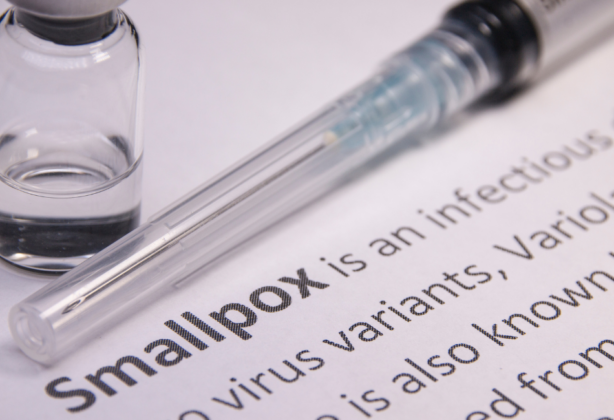A new report from the National Academies of Sciences, Engineering, and Medicine highlights the need for the U.S. to enhance its readiness for smallpox and related diseases. It emphasizes the importance of improving diagnostics, vaccines, and therapeutics to prepare for potential outbreaks. The COVID-19 pandemic and recent mpox outbreak have exposed weaknesses in the nation’s public health and healthcare systems’ ability to respond to unfamiliar pathogens and to quickly provide necessary medical tools at scale.
The report stresses that developing better medical countermeasures, including diagnostics, vaccines, and therapeutics, is crucial for effectively managing a smallpox outbreak or attack. It calls for strengthening systems and policies to enable rapid and effective responses, such as facilitating the swift distribution of vaccines.
Population changes and advancements in gene editing and synthesis technologies have increased the risk of a smallpox outbreak or attack. There is now the potential to engineer the variola virus, which causes smallpox, raising concerns about accidental or intentional releases. Additionally, diseases related to smallpox, such as mpox, Alaskapox, and cowpox, are increasingly affecting humans, underscoring the need for medical tools to detect, treat, and prevent these diseases.
As biotechnologies advance, decision-makers must consider the benefits and risks of using emerging technologies for smallpox medical countermeasures. AI, for example, could help predict how variola virus might evolve, aiding in outbreak prevention, but could also be misused. The report emphasizes the need for a risk-benefit analysis for smallpox research using emerging technologies.
The report also assesses the state of medical countermeasures stockpiled in the U.S. Strategic National Stockpile to prevent and treat smallpox. Despite progress, the nation’s ability to respond to a smallpox event could be improved. The report calls for more accurate diagnostic tests, safer and more widely applicable vaccines, and diversified therapeutics.
In conclusion, the report stresses the need for flexible and updated response plans, given the challenges posed by potential scenarios. It highlights the importance of international collaboration and capacity-building to improve U.S. biosecurity. The study was sponsored by the Administration for Strategic Preparedness and Response.




